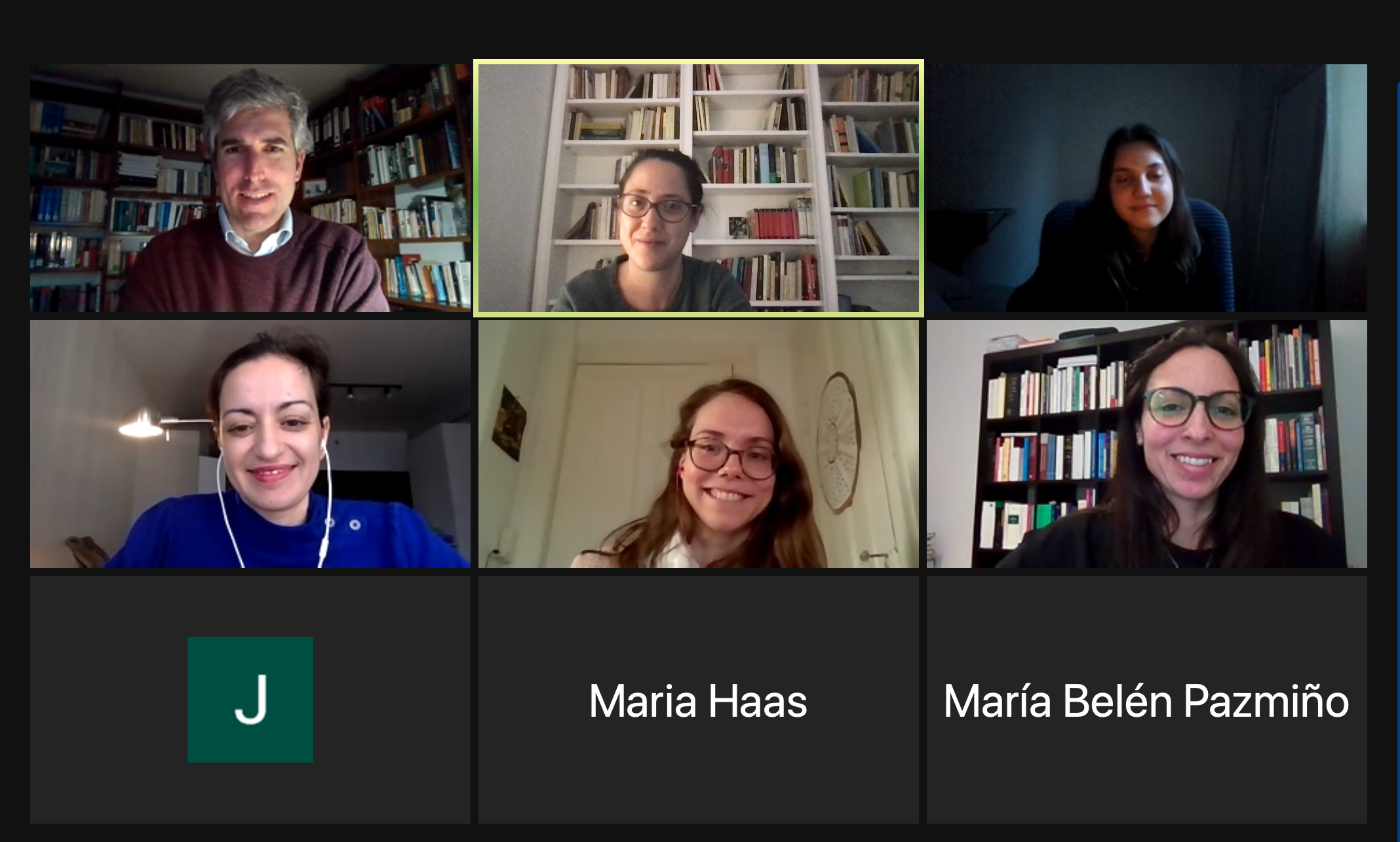
03 Mar On Friday— March 5th, 2020 – Theodosia Stavroulaki
On March 5th, at 6.00 CET, Dr.Theodosia Stavroulaki will present his research entitled “Mergers that facilitate discrimination through health insurance contract design”
Abstract:A new wave of data-driven healthcare mergers is upon us. Health insurers, such as Aetna, are merging with powerful drug suppliers, such as CVS. What do these companies hope to achieve by merging? They want to share access to our health data and discriminate against us. Post-merger Aetna would expand its access to consumers’ prescription history, health habits and shopping data. Then, it could use data analytics to identify the “high-risk consumers” that is likely to attract and design its health insurance contracts in ways that will discourage those consumers from applying for health coverage. This risk is real. Health insurers already use “data-mined prescription drug data” to discriminate against high-risk consumers. Then, they move the drugs associated with treating those customers to a higher cost sharing tier. This implies higher drug coverage costs for high-risk consumers. Can the U.S. antitrust enforcers address the harm that these mergers create? Specifically, reduced access to health insurance services for a specific segment of consumers? And, if so, how? This article is the first to identify three potential ways in which the U.S. antitrust enforcers could address the harms that these mergers impose on high-risk consumers. First, the U.S. antitrust enforcers could contend that the vulnerable, high-risk consumers constitute a separate relevant market. Second, they could argue that the proposed merger’s negative impact on high-risk consumers should weigh more heavily than its positive impact on low-risk consumers, notwithstanding that the net effect of the merger should be assessed. Third, the U.S. antitrust enforcers may take the stance that these mergers facilitate a health insurer’s efforts to violate the Affordable Care Act and should, therefore, be prohibited. Thus, this article illustrates the need for the U.S. antitrust enforcers and the courts to confront the harm that these data driven mergers pose to high-risk consumers. If not, they risk applying antitrust law in a way that further exacerbates the existing health inequalities in the United States.
Bio:
Dr. Theodosia Stavroulaki has joined the College of Law as the 2020-2021 Jaharis Faculty Fellow. She previously worked as an antitrust associate in a leading law firm in Greece that advised multinational firms in competition law issues in pharmaceutical, automotive and IT sector, which led her to focus her teaching and research on antitrust law and healthcare antitrust. Her research also has been funded by a number of prestigious institutions such as the American Bar Association (Section of Antitrust Law), the Fulbright Commission, NYU School of Law, Michigan Law School, European University Institute, Tel Aviv University, the European Commission, the Greek Scholarships’ Foundation and the Greek Association of Law and Economics.

